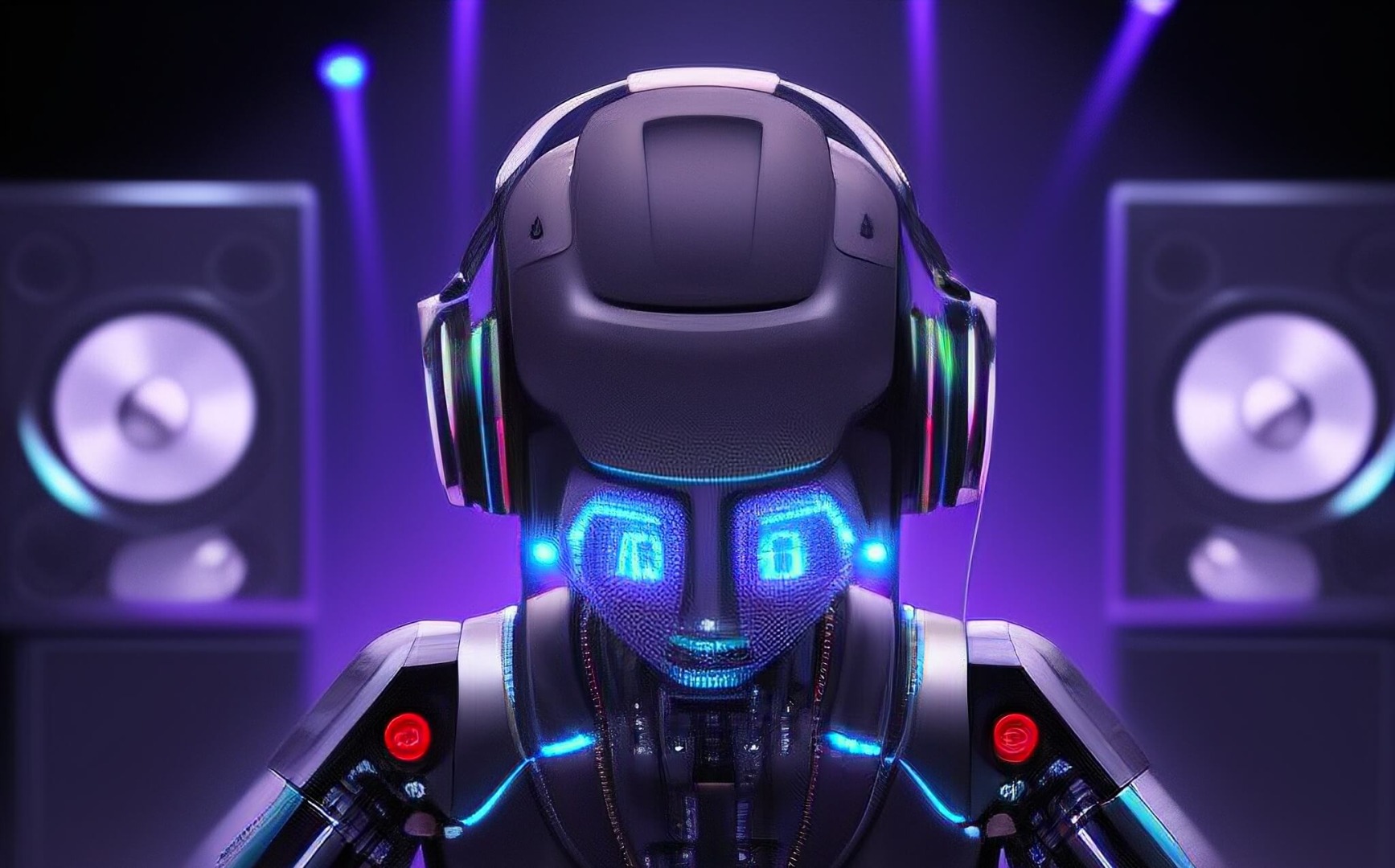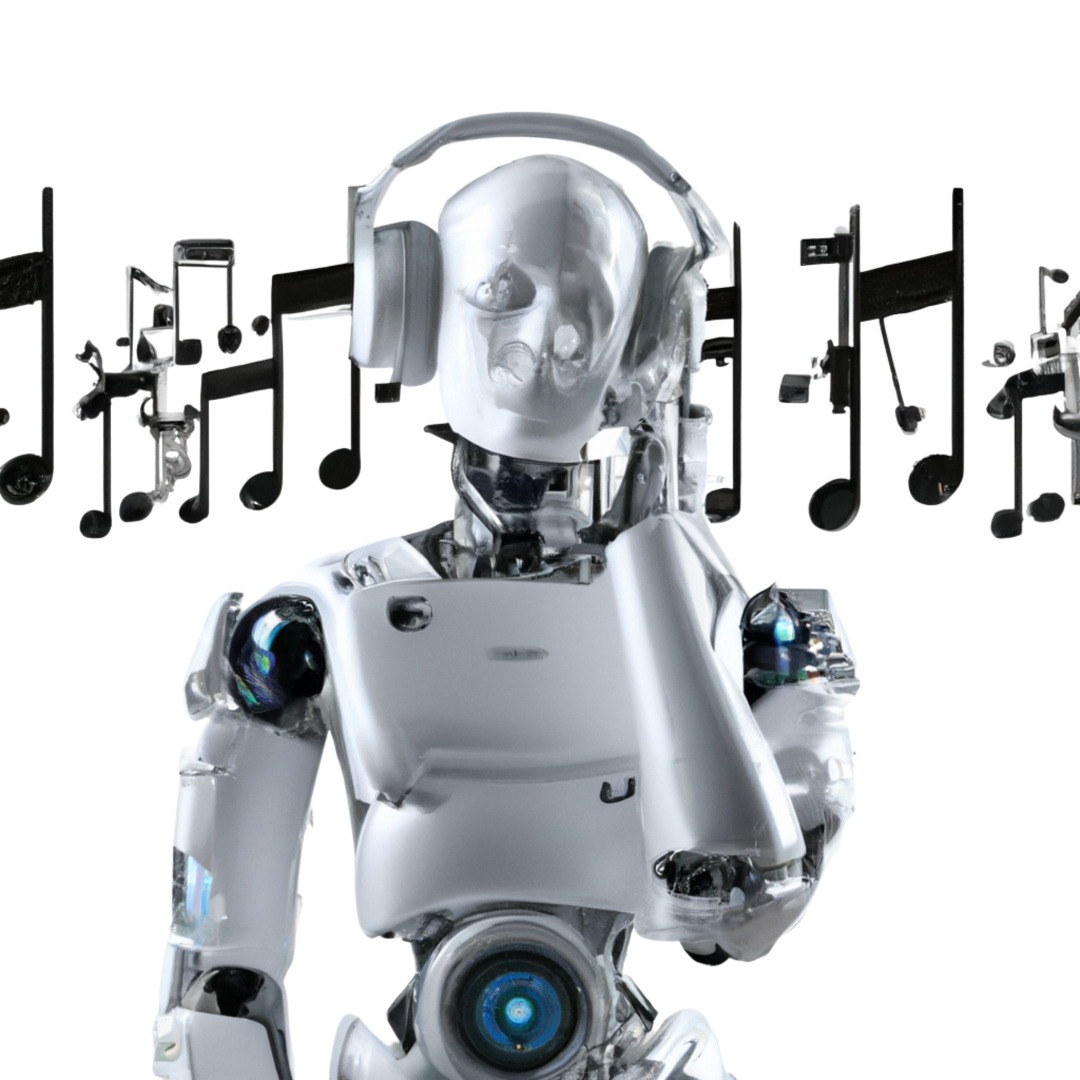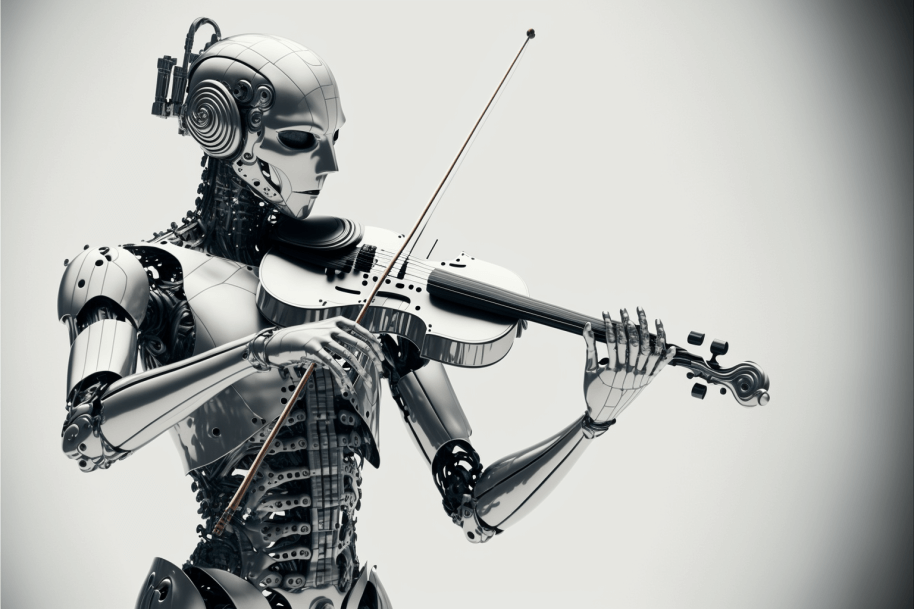Comments
- No comments found

Artificial Intelligence (AI) has undeniably revolutionized various industries, and the music sector is no exception.
From personalized music recommendations to AI-generated compositions, the integration of AI technology has brought unprecedented convenience and innovation to artists and listeners alike. Beneath the surface, there exists a darker side to the growing reliance on AI in the music industry. This article delves into the potential pitfalls and ethical concerns associated with the use of AI in music creation, curation, and consumption.

AI-powered music composition tools have the capability to churn out melodies, harmonies, and even lyrics with remarkable efficiency. While this might appear beneficial, it raises concerns about the erosion of human creativity. True artistic expression often stems from the unique blend of emotion, experience, and personal connection that humans bring to their work. AI-generated compositions risk diluting this authenticity, leading to a homogenized musical landscape devoid of genuine emotional depth.
Artists strive to develop distinctive styles and voices that set them apart from their peers. However, as AI algorithms analyze trends and audience preferences to generate music that is most likely to gain traction, there's a risk that artists might sacrifice their individuality in pursuit of commercial success. This compromises the artistry and diversity that make the music industry rich and vibrant.
The proliferation of AI-generated music might overshadow the work of talented musicians who lack the resources or algorithms to gain visibility. This could lead to a situation where popularity is determined more by the efficiency of algorithms than the merit of an artist's creation. As a result, deserving talents might struggle to be heard amidst the noise of AI-generated content.
The process of training AI models for music composition involves feeding them vast amounts of existing music data. This practice raises questions about intellectual property rights and copyright infringement. If an AI generates a piece strikingly similar to an existing human-composed song, who holds the rights, and how do we ensure fair compensation?
Furthermore, transparency becomes an issue when AI-generated content is not clearly labeled as such. Listeners might unknowingly consume music thinking it was created by human artists, blurring the line between genuine creativity and automated output.
AI algorithms are trained on existing data, which can inadvertently embed biases and stereotypes present in the training data. This raises concerns about the potential reinforcement of existing biases in AI-generated music. Additionally, AI-generated music might unknowingly appropriate cultural elements, undermining the respect and understanding that should accompany cross-cultural artistic expression.

While AI offers efficiencies and novel opportunities for artists and listeners, it also carries the risk of stifling creativity, sidelining genuine talent, and perpetuating ethical and cultural concerns. Striking a balance between harnessing AI's capabilities and preserving the essence of human creativity is a challenge that the music industry must navigate with careful consideration and responsibility.
Leave your comments
Post comment as a guest